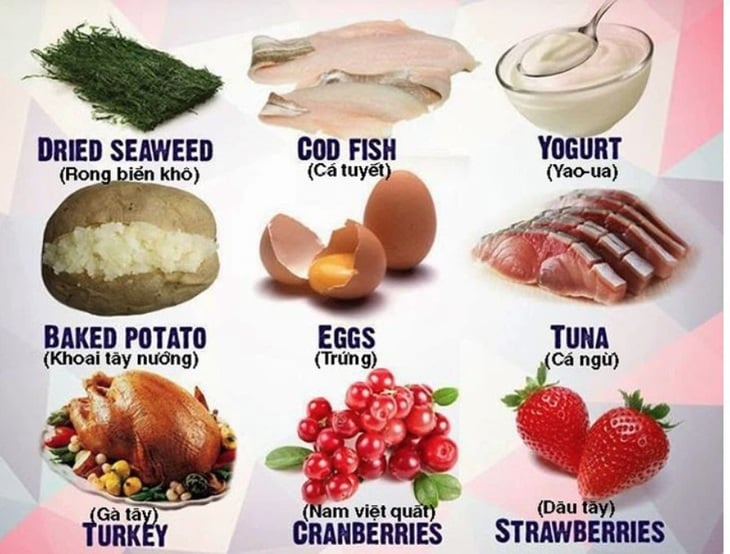
Foods rich in iodine - Photo: PINTEREST
How to supplement iodine carefully and avoid mistakes that damage the thyroid gland?
Beware of hyperthyroidism due to excess iodine
Ms. NTH, 35 years old, saw many people around her suffering from thyroid disease, thyroid tumors... so she was afraid, often supplementing iodine with algae pills and eating seaweed snacks. Recently, she often felt tired, went to the doctor and was diagnosed with hypothyroidism. The doctor advised her not to arbitrarily supplement iodine because excess iodine also causes illness.
Doctor Nguyen Xuan Tuan - lecturer at the University of Medicine and Pharmacy, Vietnam National University , Hanoi - said that when talking about the thyroid gland, many people immediately think "must supplement iodine".
"I have met many patients who arbitrarily take iodine pills, eat dried seaweed as snacks or drink multivitamin seaweed pills containing iodine without knowing whether they have enough or not. They do not know that iodine deficiency causes fatigue and excess iodine also causes illness, even causing serious thyroid hormone disorders," Dr. Tuan emphasized.
Dr. Tuan analyzed that the thyroid gland is the body's "endocrine conductor", producing the hormones T3 (triiodothyronine) and T4 (thyroxine) - affecting almost all metabolic processes. Iodine is a required raw material for the thyroid gland to produce hormones T3, T4 - important hormones that regulate metabolism, energy and many life activities.
The body does not synthesize iodine, so we depend entirely on daily diet. However, "rich in iodine" is not always good. We need a scientific nutritional strategy, individualized to each body type.
If iodine deficiency persists, children may have mental retardation and adults are susceptible to goiter, hypothyroidism... Some mountainous areas where there is no iodized salt have a very high rate of goiter. But if supplemented incorrectly, people who have never had thyroid disease can have hyperthyroidism due to excess iodine. People who already have goiter or Basedow's disease will have the disease activated more strongly.
Some people after thyroid surgery, even if they take iodine, it will not be effective because the thyroid gland is no longer able to "use" iodine.
Furthermore, excess iodine can aggravate autoimmune thyroid diseases, such as Hashimoto's disease (chronic thyroiditis); Basedow's disease (Graves' disease). In particular, too much iodine stimulates the production of antibodies against the thyroid gland, causing inflammation, fibrosis or triggering thyroid storm.
Therefore, according to Dr. Tuan, do not arbitrarily supplement iodine tablets or use seaweed regularly if you have thyroid dysfunction, a history of autoimmune disease, or are taking thyroid inhibitors (thionamides, levothyroxine...).
Beware of "thyroid-friendly" pills
According to Dr. Tuan, the body needs iodine like it needs water, but 2 liters/day is good, 10 liters/day is toxic. Iodine is the same, the right dose is medicine, overdose is trouble. Consult your doctor before using.
If we have eaten enough iodine every day, we don't need to take anything else, that is a smart and scientific way to take care of our body. If you are using iodized salt, eating industrial fish sauce, eggs, seafood, milk... then you are almost not lacking iodine. Be careful with pills that are "good for the thyroid" but push you closer to endocrine disorders.
Nutrition does not replace treatment but is the foundational pillar to help the thyroid function stably, prevent complications and improve quality of life. It is best to eat food groups that are beneficial for the thyroid such as:
Iodized salt (the most common and effective way to prevent iodine deficiency); seafood (sea fish, clams, oysters) is a food rich in iodine and highly bioavailable selenium; eggs and milk are natural sources of iodine and vitamin D; seaweed is very rich in iodine but should only be eaten in moderation (because 1g of dried seaweed can contain up to 2,000 mcg of iodine - far exceeding the recommended requirement of 150-300 mcg/day).
No food can heal the thyroid on its own. But the right diet will create a favorable environment for the medicine to take effect, the immune system to be regulated, and the thyroid recovery process to take place sustainably.
Should eat enough - not too much - not too little. Do not abstain excessively causing micronutrient deficiency. When supplementing iodine, it is necessary to individualize according to the disease and treatment stage, such as patients being treated for hypothyroidism need to combine protein, iodine, selenium. Patients with Basedow's disease and hyperthyroidism should avoid excess iodine and stimulant foods (coffee, alcohol).
Some foods can easily cause excess iodine if used incorrectly.
* Dried seaweed: can contain up to 1,000 mcg iodine/g - should only eat small amounts, maximum 1-2 times/week.
* Seaweed tablets: difficult to determine iodine content, easy to overdose.
* Multivitamin tablets: read the iodine ingredient carefully.
Recommendations from the World Health Organization and endocrine organizations
* Adults: need about 150 mcg iodine/day.
* Pregnant women: increase to 220-250 mcg/day.
* Children: need less, depending on age.
Source: https://tuoitre.vn/nhieu-nguoi-gap-nguy-vi-tu-bo-sung-qua-nhieu-iod-co-hai-cho-tuyen-giap-2025090222074312.htm





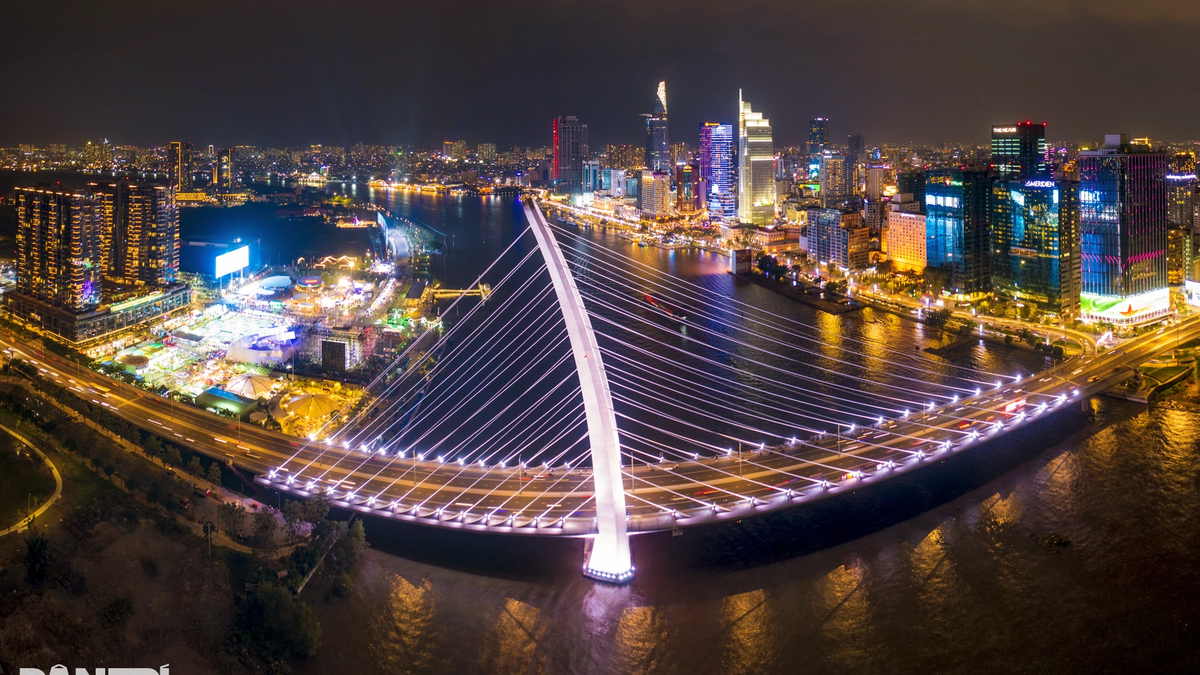



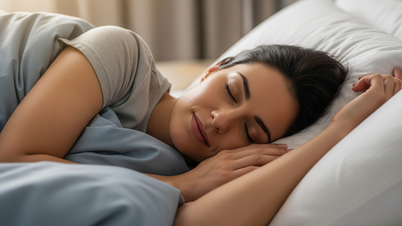

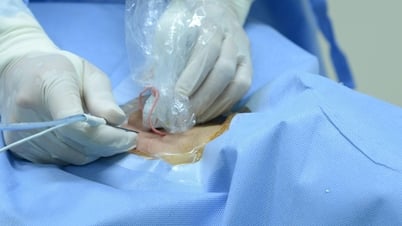
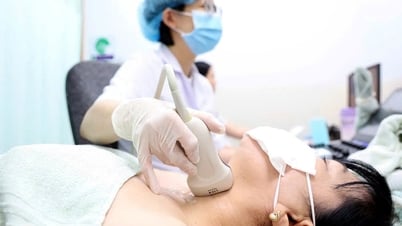
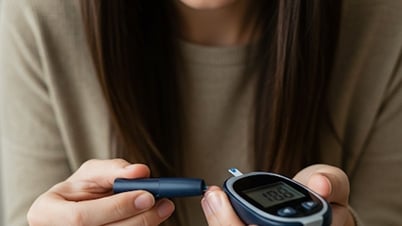
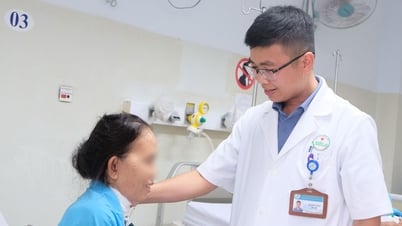


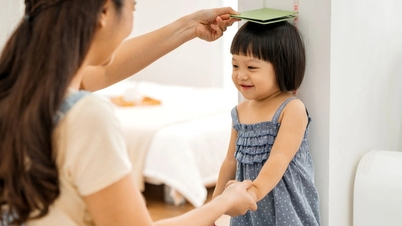

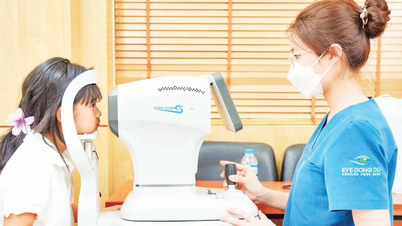

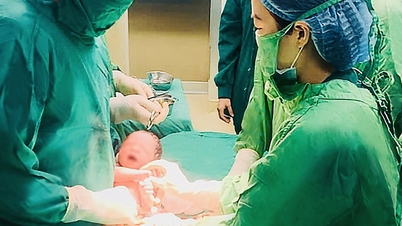
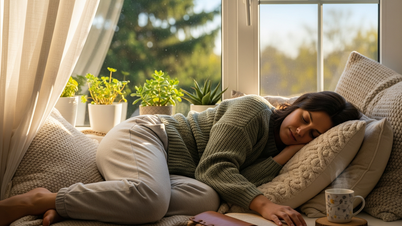
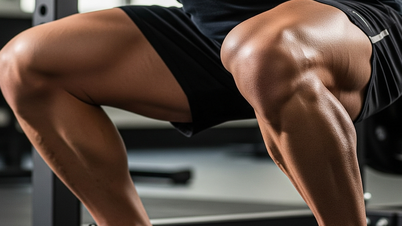
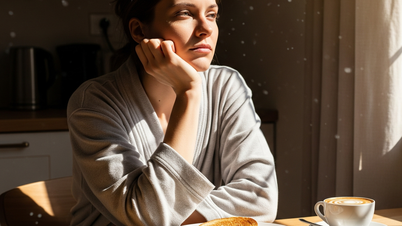






















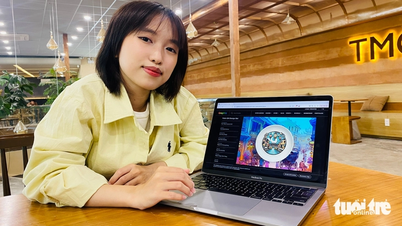




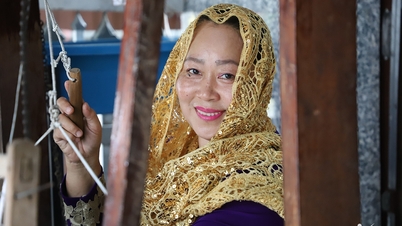





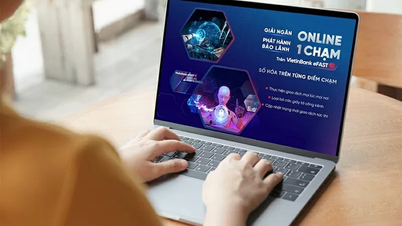
![[VIDEO] Propaganda and promotion of the use of E10 RON95 gasoline products in Quang Ngai | QNgTV](https://vphoto.vietnam.vn/thumb/402x226/vietnam/resource/IMAGE/2025/9/4/eeb7f42edd2745a482b4e5fd2f10e9b2)

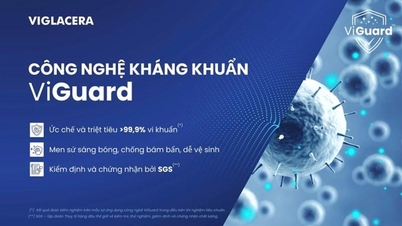




















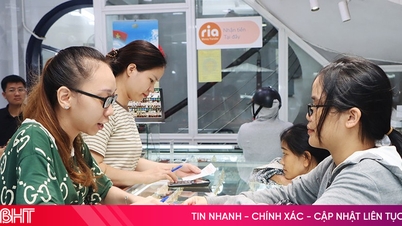











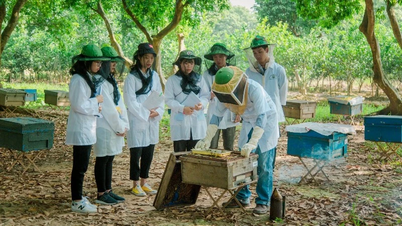






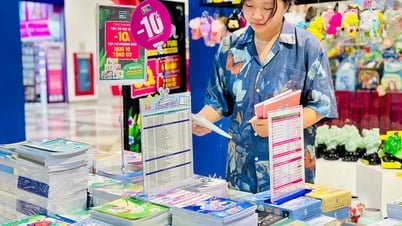





Comment (0)